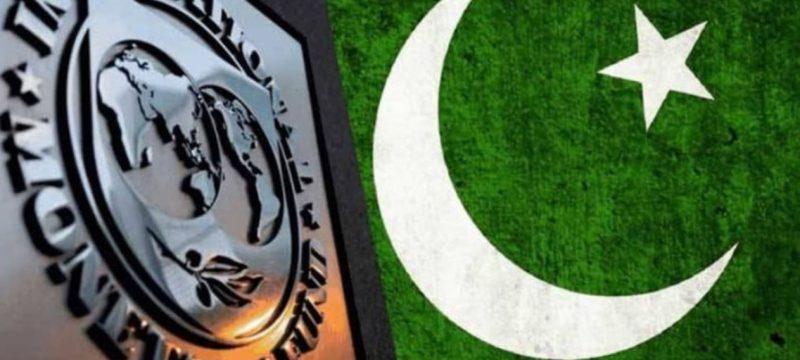Pakistan has officially commenced discussions with the International Monetary Fund (IMF) for the first review of its $7 billion Extended Fund Facility (EFF). The IMF delegation, led by Nathan Porter, met with Finance Minister Muhammad Aurangzeb in Islamabad to assess the country’s economic progress and financial challenges.
The talks are crucial for Pakistan as it seeks the next tranche of the $7 billion loan, which was secured last year to stabilize its economy. During the meeting, Finance Minister Aurangzeb assured the IMF of Pakistan’s commitment to fiscal discipline and reforms, particularly in taxation and the energy sector, to meet the loan conditions.
Also Read: IMF Review Mission Arrives in Pakistan to Assess Economic Progress
Pakistani officials presented the country’s economic performance for the first half of the fiscal year, focusing on fiscal deficit, primary balance, revenue collection, and provincial surpluses. They also provided updates on Pakistan’s Public Sector Development Programme (PSDP) expenditures and progress on structural reforms. The discussions covered macroeconomic indicators and budgetary adjustments.
The IMF delegation was briefed on Pakistan’s climate-related fiscal strategies under its Green Initiative, a key area for sustainable economic development. The IMF is expected to offer recommendations for Pakistan’s upcoming federal budget, helping shape fiscal policy for 2025.
The talks come at a critical time for Pakistan, as it seeks to stabilize foreign exchange reserves and maintain investor confidence. With the negotiations continuing until March 15, 2025, the next tranche of $1 billion is at stake. Additionally, the IMF has emphasized the need for a crackdown on tax evasion in the real estate sector, a point of focus in the ongoing discussions.
Authorities have committed to tightening regulations in the real estate market, proposing heavy fines and prison sentences for those involved in false property declarations or failing to register properties. This crackdown is part of the broader strategy to increase revenue and meet IMF requirements.
The review process will continue in two phases: technical discussions followed by policy-level talks. The outcome of these negotiations will be crucial for Pakistan’s economic stability and its ability to secure future loan disbursements.









